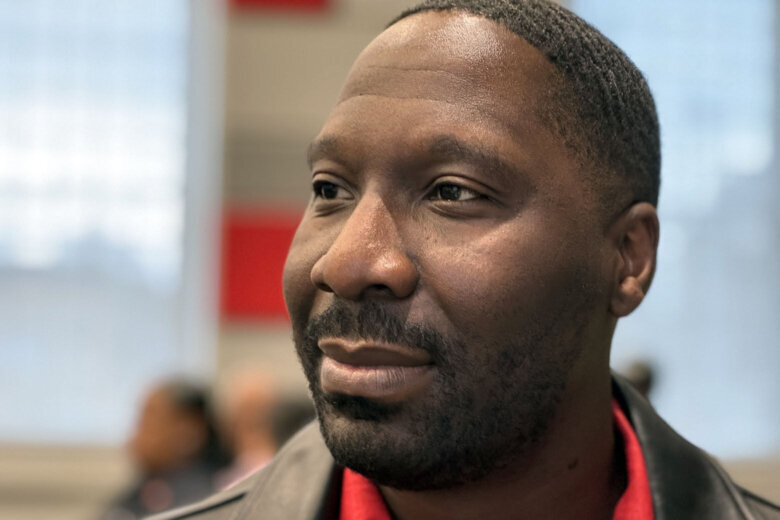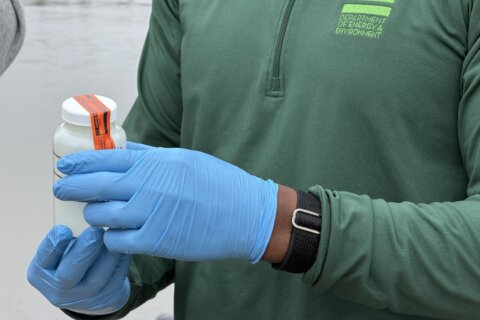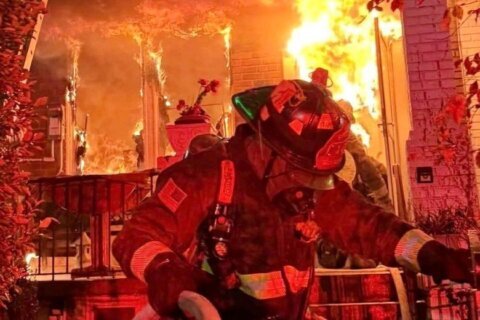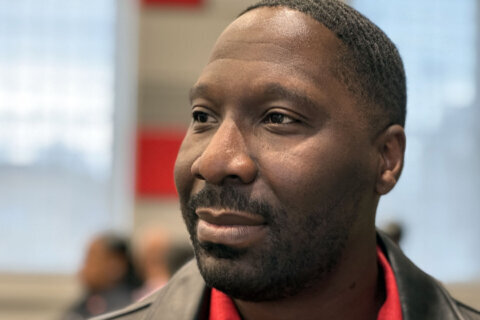
D.C. firefighter Jamal Woods, who’s been with the DC Fire and EMS Department for 14 years, grew up in the District.
As a child, Woods said, violence was normal in his neighborhood.
“In the Black community itself, we’re taught to, as young kids, be tough,” Woods said. “You’re a boy, get up, don’t cry.”
He added: “It wasn’t beneficial.”
Woods, who spoke at a forum on mental health awareness among firefighters and in the Black community, recalled how during one call, he encountered a woman who was ill with cancer. She was home alone and struggling.
Woods said she reminded him of his own mother, who battled cancer for more than a decade before passing away last year. “So here I am, holding her head up, and letting her vomit, and I’m treating her the same way I was treating my mom, so the next thing you know, I have tears in my eyes — and we’re not supposed to have these connections.”
Woods remembered his partner asking him if he was all right. “No, I’m not,” said Woods, who admitted his first impulse was to say yes, he was fine.
Now, Woods takes part in “Wellness Wednesdays” with the department, a chance to connect and check in with other firefighters to see how they’re doing.
After the panel discussion at the RISE Center in Southeast D.C., Assistant Fire Chief Michael Knight said it was important to hear from firefighters like Lt. Robert Alvarado.
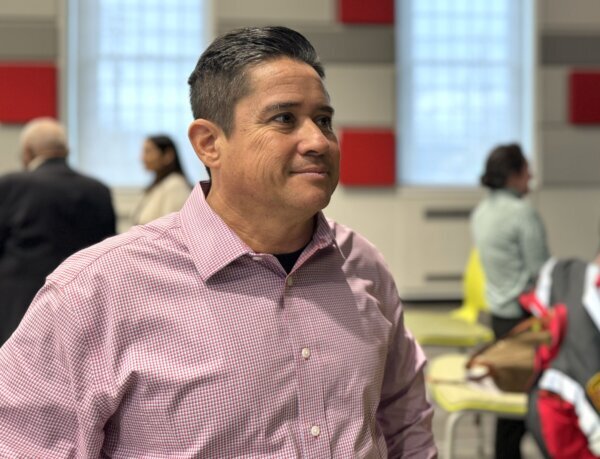
Knight said people look at Alvarado and think, “He’s so strong, he’s tough, he couldn’t possibly have a mental health challenge or crisis,” but Alvarado’s willingness to share his story allows others to tend to their own mental health.
“I’m fine when I’m fighting fires and doing all that and I’m totally a man. Outside of that, though, [I can feel] fragile,” Alvarado said. “The accumulation of what you see and what you experience on the job adds up.”
His own crisis came to a head when his marriage nearly ended. “I had gotten so off the rails, and I came home and it was like a country song. My wife was gone, my dog was gone,” and Alvarado said his wife left him a note “saying she had gone to her mom’s and I’d better figure it out.”
He figured it out and got help.
Alvarado’s advice to others: “Recognize that it’s the right thing to do to get help. It’s part of doing the job well,” and he said, it’s part of having a healthy, balanced life off the job as well.
Among the topics that came up during Friday’s panel discussion was navigating the health care system.
D.C. Fire Chief John Donnelly said a big takeaway for him was the challenge of finding accessible care.
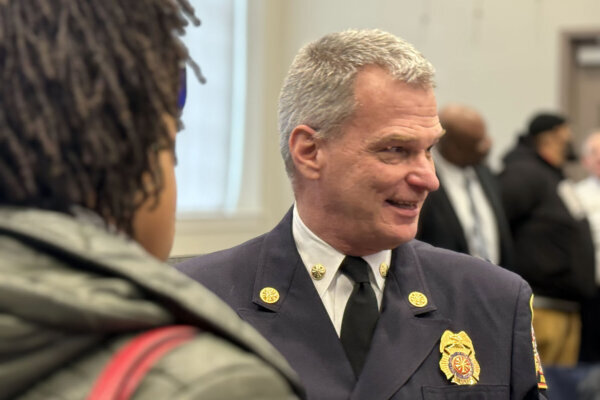
Donnelly said his department has adopted something called NFPA 1500, the National Fire Protection Association’s occupational safety and health program, which includes behavioral health and wellness programs.
“We’ve still got a long way to go,” he said, to meet all the standards. “Everything we talked about is either being addressed or has been addressed.”
Get breaking news and daily headlines delivered to your email inbox by signing up here.
© 2024 WTOP. All Rights Reserved. This website is not intended for users located within the European Economic Area.

